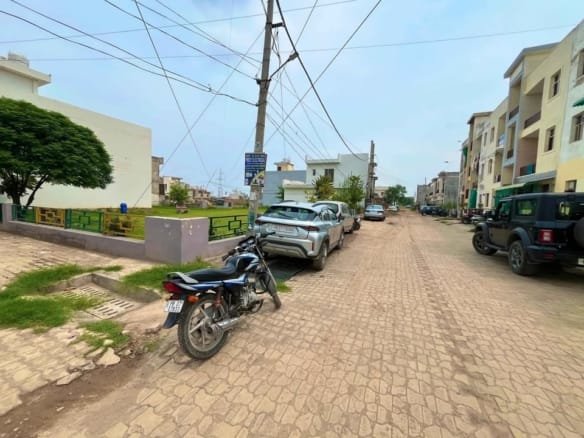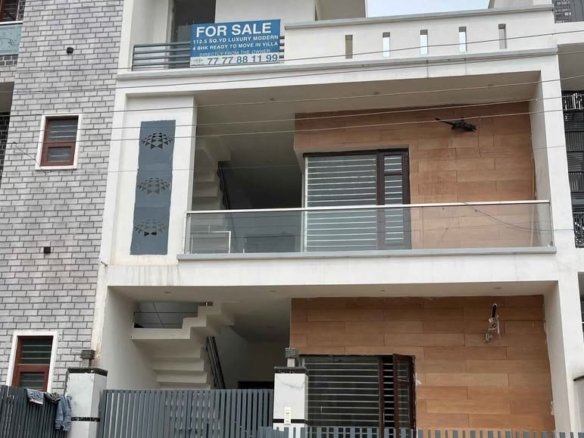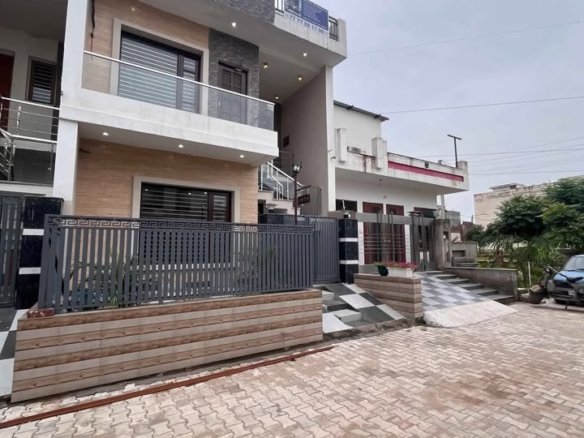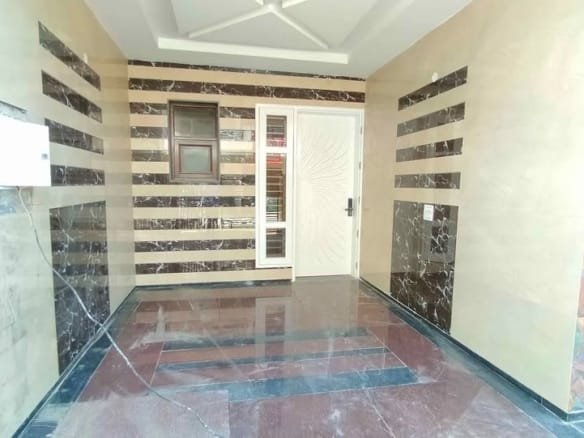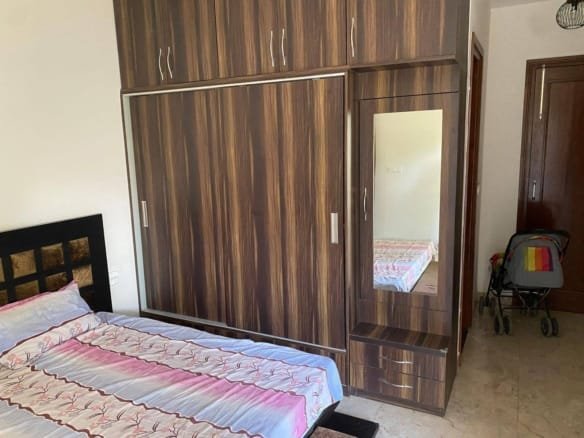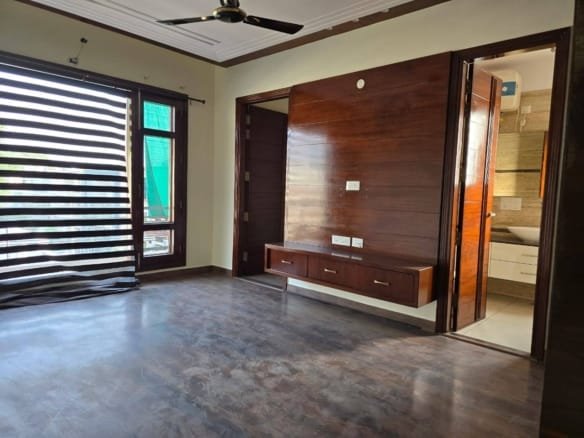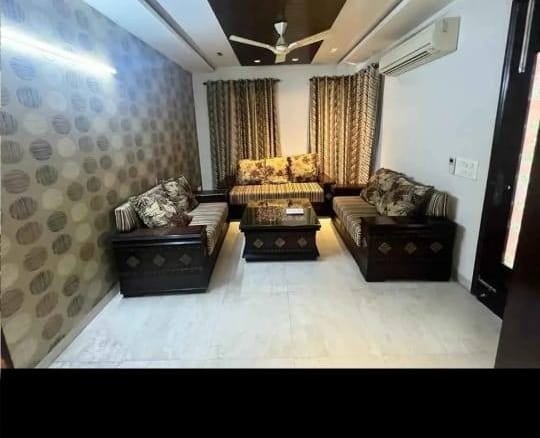Location: Northern India, serving as the capital of two states—Punjab and Haryana—while being a Union Territory in itself.
Known as: The City Beautiful
Designed by: Swiss-French architect Le Corbusier, after India’s independence.
Established: Planned in the 1950s as India’s first modern planned city.
Geography & Climate
Geography: Lies at the foothills of the Shivalik Hills, giving it a scenic backdrop.
Climate:
Summers: Hot (up to 44°C)
Winters: Cold (down to 3°C)
Monsoon: July–September brings moderate to heavy rain.
City Layout
Divided into sectors, each self-contained with markets, schools, parks, and housing.
Wide roads, lots of greenery, and organized zoning.
No overhead electric wires—adds to its neat look.
Culture & Lifestyle
Multicultural population: Mix of Punjabi, Haryanvi, and people from all over India.
Languages: Hindi, Punjabi, and English are widely spoken.
Known for cleanliness, high standard of living, and low crime rate.
Popular food culture—street food like chole bhature, golgappe, and also high-end cafes.
Major Attractions
Rock Garden: Made entirely from industrial & household waste by Nek Chand.
Sukhna Lake: Man-made lake for boating, jogging, and leisure.
Rose Garden: Asia’s largest rose garden.
Capitol Complex: UNESCO World Heritage site with government buildings designed by Le Corbusier.
Sector 17 Plaza: Main commercial hub.
Economy & Education
High per capita income; one of the wealthiest cities in India.
Hub for IT companies, real estate, education, and government offices.
Renowned institutes: Punjab University, PEC University of Technology, Postgraduate Institute of Medical Education & Research (PGIMER).
Transport
Well-connected via Chandigarh International Airport and railway station.
City buses, auto-rickshaws, and app-based taxis are common.
Bicycle-friendly sectors and walking-friendly.

